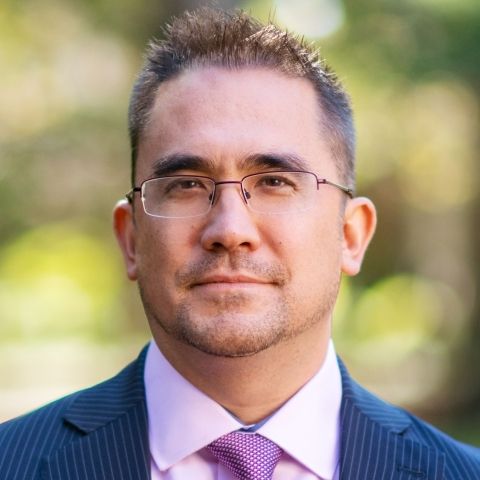
This Essay reports the first comprehensive network analysis of legal scholars connected through co-authorship. If legal scholarship was ever a solitary activity, it certainly is not any longer. Co-authorship has become increasingly common over time, and scholarship is now mostly a collaborative endeavor. These collaborations are important for both scholars and for scholarship, and so understanding patterns of co-authorship is crucial for understanding how legal academia functions as a market for intellectual labor and for the product of that labor: legal scholarship. The labor market for law professors functions in many respects like other markets for skilled labor, and scholarly collaboration creates several channels for professional advancement. Co-authorship can result in greater scholarly productivity, and social networks formed through co-authorship may provide information channels for scholars to learn about hiring opportunities at other schools and for those schools to collect first-hand information about a prospective hire’s value to the law school community. In these ways, co-authorship can help a scholar’s promotion, compensation, and lateral mobility.